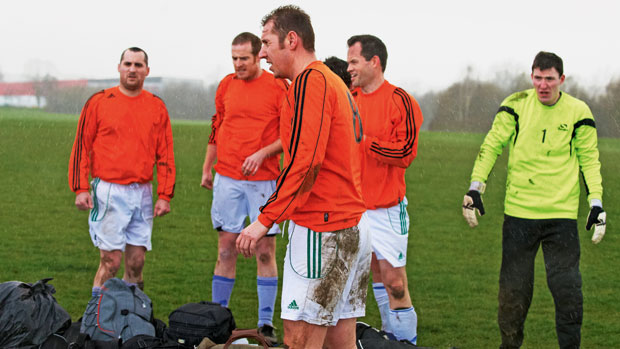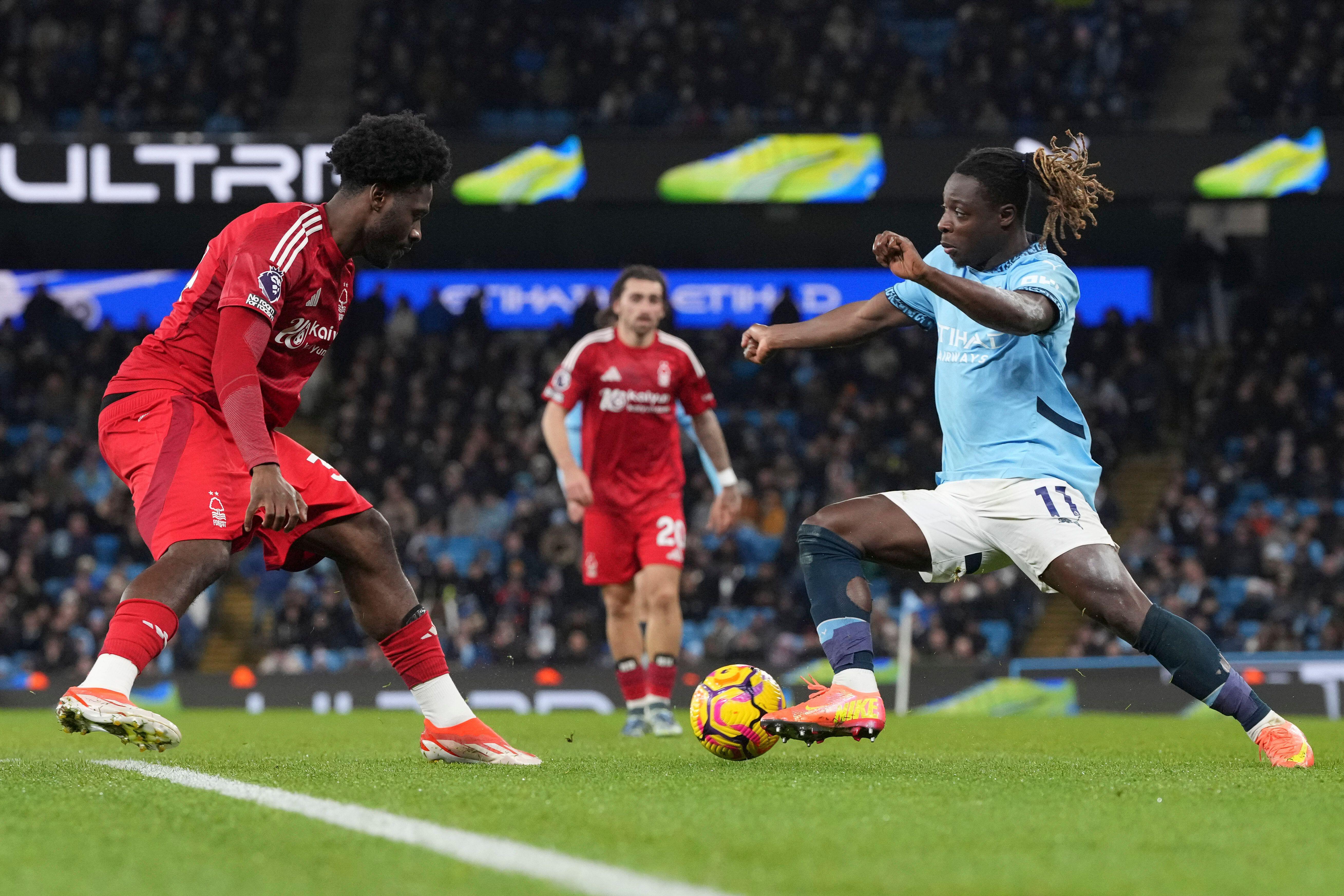How to win your double-headers
With a congested fixture list, you’re going to need help surviving those brutal double-headers. Don’t panic: FFT is here to guide you through safely

Think positively
“These games are as much about managing the mind as the body,” says West Brom’s peak performance coach, Tom Bates. “If you think ‘This will be a hard slog’, then it’ll feel that way. Look at the positives.”
Think how good that beer will taste
Legs gone? Brain tired? Focus on the rewards. “That might be a nice meal or some time with the family,” says psychologist Bates, “but it may be the thought of how nice that cold beer will taste when the hard work’s over.”
Don’t over-do it in training
Get FourFourTwo Newsletter
The best features, fun and footballing quizzes, straight to your inbox every week.
“The day before the game should be low-key, physically,” says elite performance consultant Karl Halabi. “Some short speed work will stimulate the fast, powerful muscle fibres for the next day’s double-header.”
Long ball = long day
“ Being out of possession for long periods is not something I’d advocate, and if you play a long-ball game, that’s what’ll happen,” says former Scotland boss Alex McLeish. “It’s vital you have players who keep the ball, meaning less running and more rest.”
Hydration, Hydration, Hydration
“If you don’t consume enough fluid before, during and between games, your core temperature increases prematurely and your heart will have to work harder to pump thicker blood around the body,” explains Halabi, who previously headed up Reading’s sports science department. “Mid-game isotonic drinks are good: they deliver glucose to working muscles and electrolytes for nerve and muscle function.”
A change is as good as a rest
With half an hour between games, you won’t be fresh but your boots can be. “Have a second pair with a soft-ground insole – breaking in a new pair can create blisters,” says Puma guru Peter Stappen.
The ice is right
The cold pint can wait – if you want to be able to walk to the bar, take “two-to-10 minutes in a cold bath”. Halabi, who has also worked with Chelsea, adds: “Fifteen degrees diverts blood back to the heart and lungs, where it’s swapped for fresh blood.”
Don’t rotate
for the sake of it“You’ve got to keep everybody happy,” says one-time Rangers and Birmingham City gaffer McLeish, “but it’s amazing how disjointed you can be if your players don’t have that understanding. Fresh legs aren’t everything.”
Put your feet up
Rest your pins between the games, says Halabi. “Getting your legs at least horizontal prevents blood pooling and will lead to fresher legs.”
Get your menu right
"The night before, and three hours before kick-off, you should have 60-80g of low-GI, slow-release carbs such as wholewheat pasta or sweet potato; chicken breast or salmon fillet, which are low in saturated fat and high in protein and will help to reduce muscle damage," says nutritionist Drew Price, author of The DODO Diet, who has worked with Chelsea. "Serve with some green veg such as beans to boost bone strength and muscle function. Then, an hour before kick-off, have a banana, which will give you quick-release carbs, with 100g of protein-rich low-fat yoghurt. Have the same between matches, halving the portion."
